Oct 29 / 2020
On 22 September 2012, a handful of individuals in London came together to form Rodeemos el Diálogo (ReD), or Embrace Dialogue. ReD was officially launched and created on 26 October, after a conference held by British academics at the Institute of the Americas, UCL. The first members were motivated by the belief that it was possible for anyone to contribute to the peace process, embrace dialogue and make a difference. It has now been eight years since this experiment began, and we know that we are not the same organisation that we were in 2012, nor that of yesterday. ReD has grown in response to the realities facing Colombians in the search for peace. We have evolved organically with each new member, every interaction and encounter. We have discovered and are committed to six principles, which underpin our belief that through a culture of dialogue we can be the change that we want to see in the world.
The journey began back in 2012, with the negotiations between President Juan Manuel Santos’ administration and the FARC-EP. With fewer than ten people, ReD pragmatically recognised that the negotiations were an imperfect process, but that there was an opportunity to send ideas to the table; to participate and have a say, despite the dominant narrative that the peace talks were disconnected from Colombian society. Within a year, this momentum had carried ReD away from the UK and back to Colombia, where we began to create our own spaces for dialogue and reflection on peacebuilding. Our peace breakfasts were born in a small café in the affluent area of Chapinero, Bogotá, bringing different opinions and perspectives together over the same breakfast table. To date, ReD has held over 260 of these breakfasts, offering an opportunity to learn about peace and find ways to move forward.
Educational spaces have also been an important line of our work and we have focused on peace pedagogy within schools and beyond. Workshops and reflections held at the University of Cambridge, UK, in 2015 have fed into the non-workshops that we have held in Bogotá, Cali, Pasto, Pereira, Armenia and London. Over the last 5 years, ReD has worked to enable dialogue and critical thinking on the peace negotiations, the peace agreement, truth and the work of the Truth Commission, and the transitional justice process more broadly.
In 2015, we also started to participate in spaces created by other civil society organisations to support negotiations with the ELN. We became an integral part of the Complete Peace platform and visited the Quito negotiation table in 2018 in one of the critical moments of the negotiations. Since 2019, when the negotiations came to an end, we have advocated for a political solution to the armed conflict and have written analysis pieces to offer possible ways forward.
2016, the year of our 100th peace breakfast, was also the year that ReD felt growing pains. With an increasing number of people expressing an interest to volunteer their time and work with us, we were not quite equipped to harness the energy and enthusiasm coming our way. But perhaps the greatest challenge came towards the end of the year with the plebiscite on the peace agreement with the FARC-EP, and in particular the triumph of the ‘No’ vote. This was a harsh lesson, but one that we learnt from in the days and weeks ahead as we came together with others in support of peace and the opportunity that this moment offered Colombia.
ReD’s work did not come to an end with the negotiations. The implementation of the agreement has seen the work continue over the last 4 years, with members joining us from beyond Bogotá, in particular Cali and Pasto, and young people becoming involved and taking the initiative to create their own spaces, as ReD Youth, for understanding the realities and complexities of peacebuilding. This has not been confined to Colombia, with the UK team reborn at the end of 2018 and members now joining us from across Europe and the Americas. We have faced new challenges with respect to peacebuilding, including the 2018 election of a government that was hostile to the agreement, the inevitable delays and obstacles in implementation, and the more recent global pandemic.
But, we are also learning how to manage our own growth and evolution as a transnational, bilingual, peacebuilding organisation. We now have consolidated teams working thematically on different elements of the comprehensive system of transitional justice, as well as the reincorporation process and the ELN. Our pedagogy work continues in Colombia, where we have also expanded to the business sector fostering a culture of dialogue within a company. We are even exploring the possibility of expanding our work to Venezuela and have started a country case study. ReD’s UK team has a strong academic component, which includes partnerships with universities and opportunities for joint research, but we never forget the importance of bringing this learning to the realities and practice of peacebuilding.
At this eight year point, looking back, we recognise the power of ReD within the spaces that we are present. ReD is a community, a family full of dreamers, thinkers and learners from all walks of life who give freely of their time to see a change in their lifetime through a culture of dialogue. We look ahead to 2022 with the same lens of curiosity and determination that has brought us this far. The coming election might present a challenge or an opportunity for the peace process in Colombia. The new President and government might seek a new direction, support existing efforts or dismantle what has come before. Whatever the outcome, we have learnt not to stop in the face of adversity but to embrace what comes with honesty, generosity, solidarity, co-responsibility, self-criticism and respect.
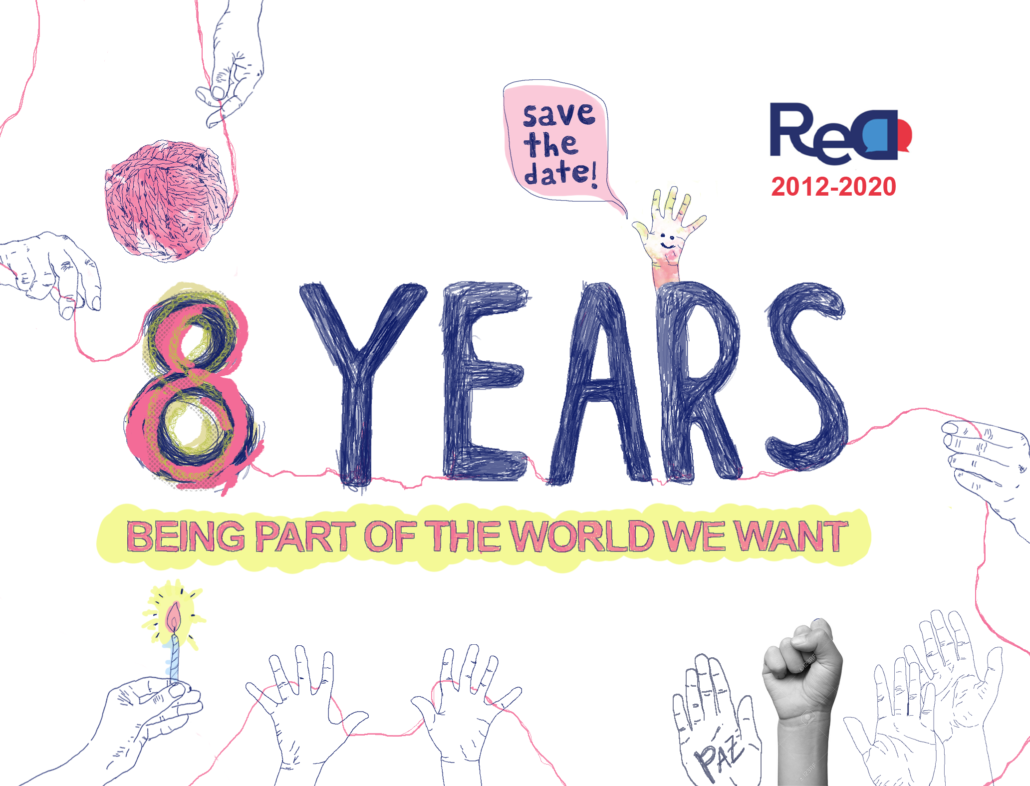

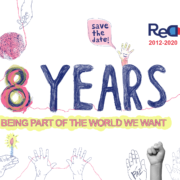
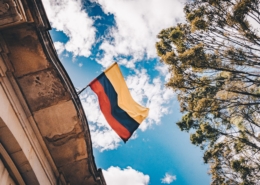
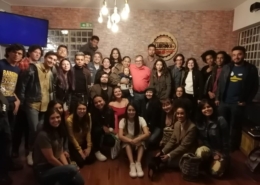
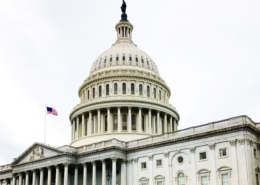
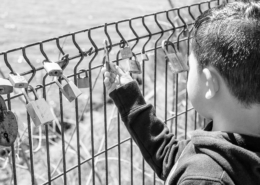
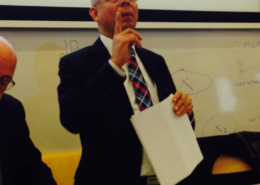
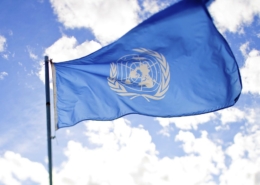

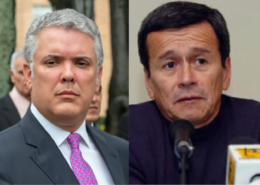
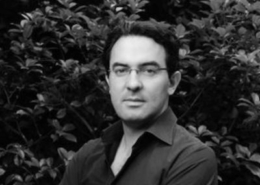


 Natalia ReD
Natalia ReD